Mechanical Engineering
A knock-out engine performance
Environmentally friendly butanol additives improve gasoline performance in spark ignition engines.
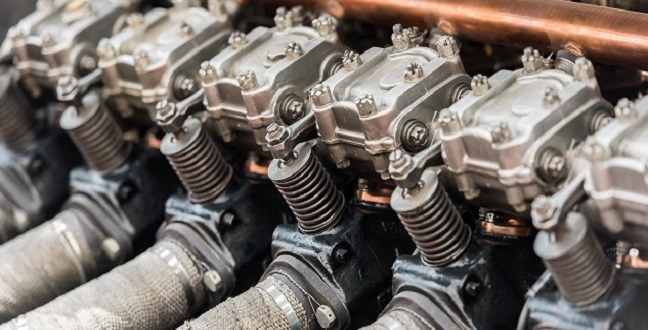
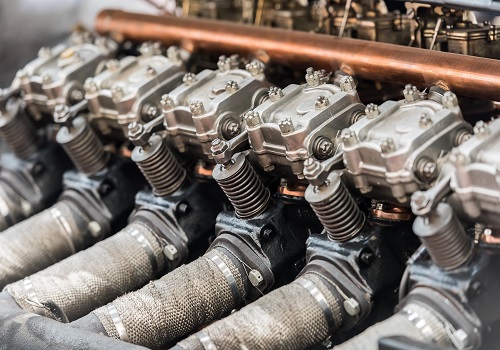
Spark ignition engines can benefit from butanol additives.
© 2015 Alamy
An improved formula for a gasoline additive has been developed by researchers from KAUST and oil company Saudi Aramco. The new mixture of butanol additives reduces engine knocking, a major obstacle to improved engine performance1.
In spark ignition engines, a gasoline–air mixture is ignited with a spark plug, and the energy of the burning fuel is used to drive the motor. Engine knock, which is caused by fuel igniting at the wrong moment, leads to an uneven running of the motor and a reduced performance in advanced engine types.
“Engine knock is a limiting factor particularly when it comes to increasing the efficiency of engines through downsizing or turbocharging,” said Aamir Farooq from KAUST’s Clean Combustion Research Center.
Knocking can be reduced by introducing additives to the gasoline, which suppress disruptive ignition events. However, many existing additives are hazardous. They typically dissolve in water, which can harm the environmental and, if there is a gasoline leak, may threaten human health.
Ethanol is an environmentally-friendly replacement additive obtained from biological materials, and it is widely used as a biofuel. Ethanol does, however, mix with water, hampering the possibility to transport gasoline through pipelines over longer distances.
Butanol compounds are good alternatives as they have a similar chemical structure to ethanol, but they have more carbon atoms per molecule and boast a higher energy density per molecule. Another advantage is that they mix less with water, making the transport through oil pipelines more feasible.
Instead of looking at the individual performance of known butanol additives, the researchers studied mixtures of butanol compounds. This allows for the optimization of their anti-knock properties. The experiments were supported by complementary simulations using a theoretical chemical kinetic model that describes the fuel ignition process and the performance at different temperatures and pressures.
The combined practical and theoretical results demonstrate that the butanol mixture improves the performance of gasoline engines at typical operating temperatures, assisted by the interaction of the additives with the primary fuel in the engine.
The findings show the practical viability, says Farooq, because “the mixed butanols we studied are products of well-established refining processes and hence their supply is reliable and continuous.”
Improved and more environmentally friendly gasoline mixtures might soon be a reality and would enable the development of higher-performing engines.
References
- AlRamadan, A.S., Badra, J., Javed, T., Al-Abbad, M., Bokhumseen, N., …& Sarathy, S.M. Mixed butanols addition to gasoline surrogates: Shock tube ignition delay time measurements and chemical kinetic modeling. Combustion and Flame 162, 3971–3979 (2015).| article
You might also like
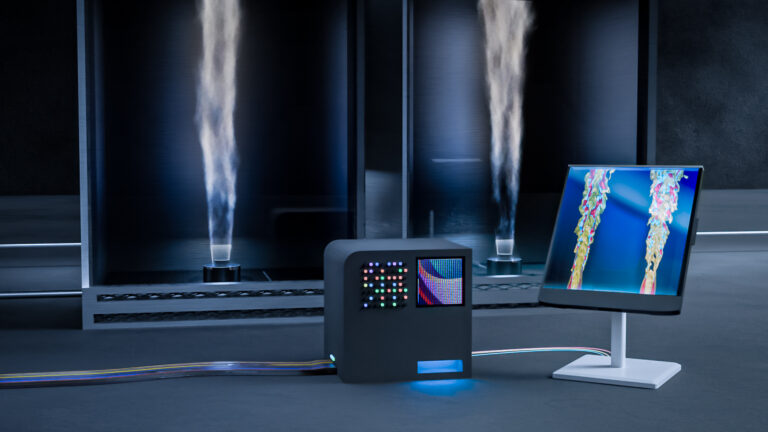
Mechanical Engineering
Cracking clean fuel combustion

Mechanical Engineering
Tiny sensor could transform head injury detection
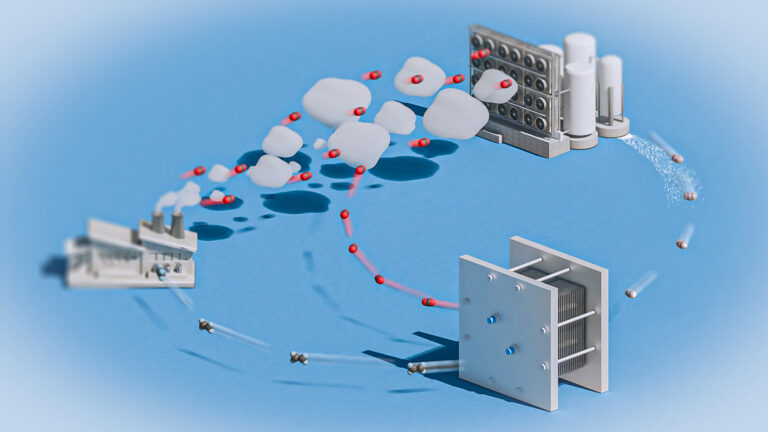
Mechanical Engineering
Electrocatalytic CO2 upcycling excels under pressure

Chemical Engineering
Rethinking machine learning for frontier science

Mechanical Engineering
Falling water forms beautiful fluted films

Mechanical Engineering
Innovative strain sensor design enables extreme sensitivity
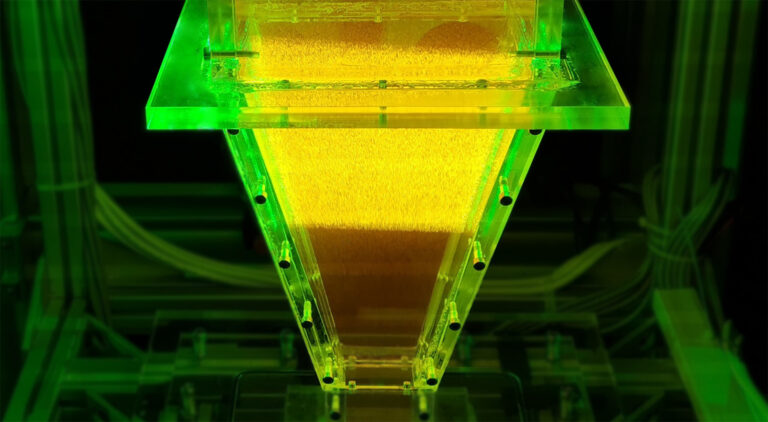
Mechanical Engineering
Turbulent flow shows surprise patterns that could help boost efficiency

Mechanical Engineering



